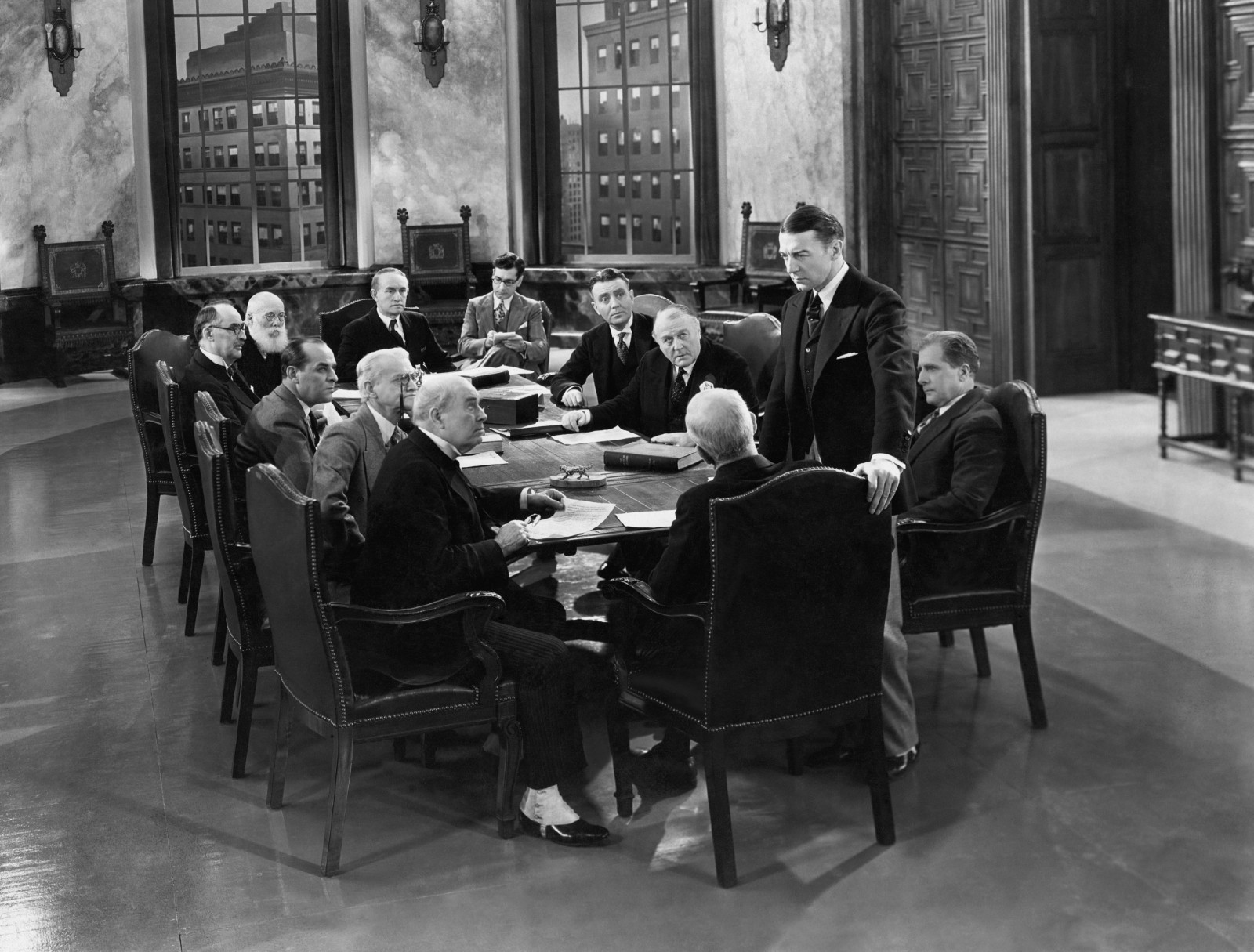NATO gets a new lease on life thanks to Ukraine + Goldman Sachs is putting a price tag on jumping ship

The conflict is giving NATO a raison d'être, after lacking a clearly defined purpose for years, says the Wall Street Journal. The rekindling of East-West tensions following years of post-Cold War peace prompted an emergency meeting of NATO ambassadors early today, with alliance members pledging to defend its members and support non-NATO member Ukraine. The US-led 30-member alliance, which was created following World War II to present a united European front against Soviet infringement, has broadly been occupied over the past 30+ years with mixed priorities, such as (failed) efforts to remove the Taliban from Afghanistan, as well as work to combat Islamist terrorism, tackle illegal migration, and facing off against China.
Russia will no longer be hosting the UEFA Champions League final match, following its invasion of Ukraine, the Associated Press reports. The decision is not yet official, with UEFA’s executive committee scheduled to meet tomorrow morning to discuss the move, but it appears the meeting will be for confirmation.
Goldman Sachs is going to make it more costly for execs to jump ship, now punishing a number of former employees by blocking them from cashing out their vested stock bonuses, reports Bloomberg. In the past, Goldman had made an effort to cultivate close ties with departing executives who would then enlist Goldman for advice, agreements, and trades. This introduction of punitive measures is the start of these huge financial giants doing away with niceties and playing hardball — a shift that threatens to undermine the benefits of being a part of (or trying to leave) the investment bank.
In our rush to direct resources to stamp out covid-19, we’ve unwittingly but significantly undermined progress on wiping out other infectious diseases, the Financial Times reports. Deaths from HIV, tuberculosis and malaria in some countries could eclipse covid-19-related deaths, as testing and prevention services for many of these diseases have fallen by the wayside, health experts say. The “juggling act” between finding treatments for covid-19 and treating other infectious diseases is partially a result of lower-middle income countries’ health systems not being able to cope with the burden of addressing the pandemic while also tending to existing disease treatment and prevention.
Does life actually flash before our eyes as we die? Scientists who were studying an epileptic man using an electroencephalogram, which records brain activity, got more than they bargained for when he had a sudden heart attack and died unexpectedly. In the 30 seconds before and after the man's final heartbeat, there was an increase in a certain type of brain wave called gamma waves, the study found. These waves are associated with more sophisticated cognitive functions and are especially active when we are concentrating, dreaming, and meditating, as well as retrieving memories and processing information. “Through generating oscillations involved in memory retrieval, the brain may be playing a last recall of important life events just before we die, similar to the ones reported in near-death experiences,” Dr Ajmal Zemmar, a neurosurgeon at the University of Louisville and the organizer of the study, told Neuroscience News.